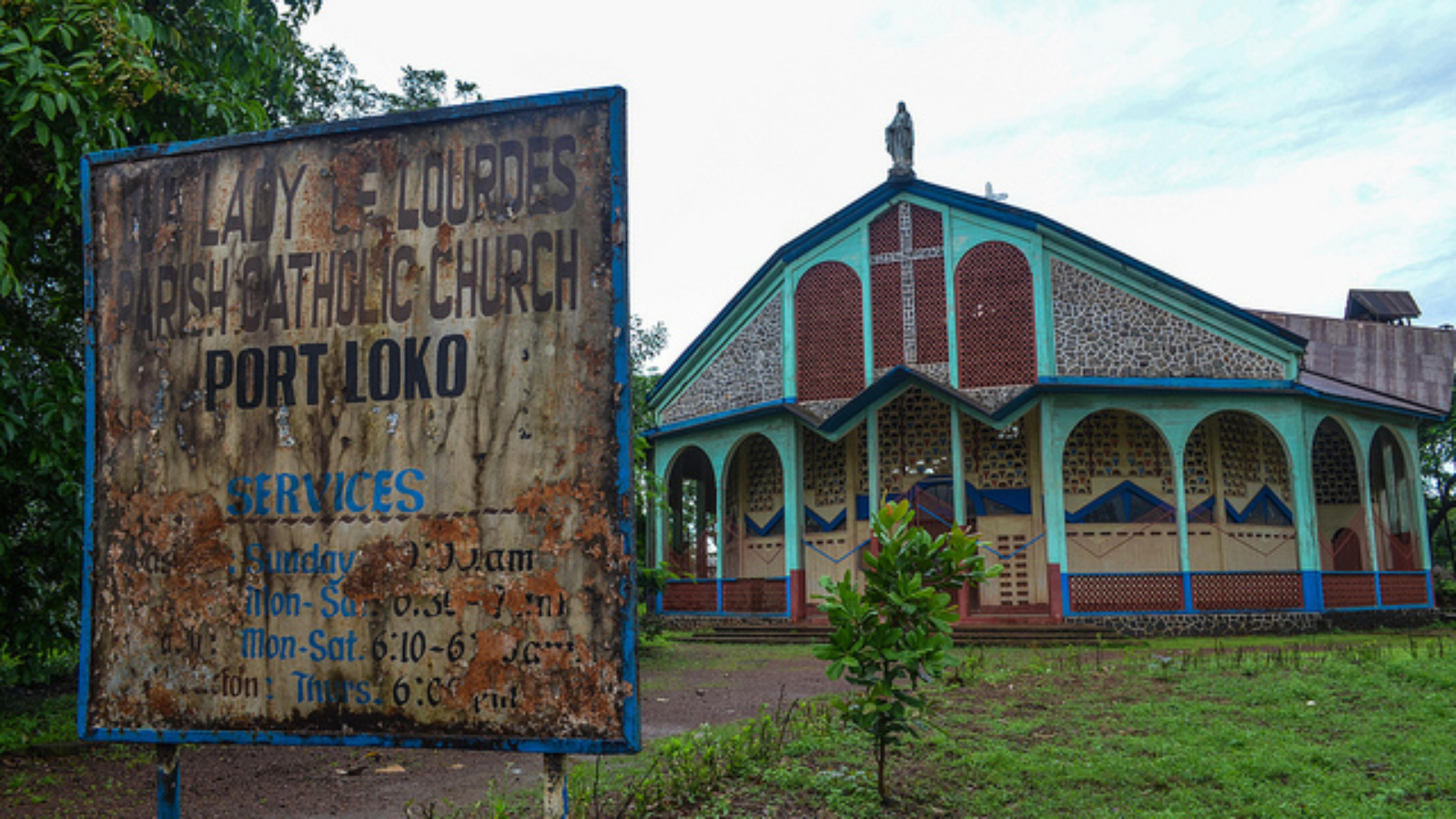This article was previously published on Ebola Deeply.
By Ebola Deeply
Sheikh A.B. Conteh is the president of Sierra Leone's Inter-Religious Council and a chief imam in Freetown, the nation's capital. Ebola Deeply spoke with him about changing burial practices, national collaboration, and religion's wider role in the response to Ebola.
Ebola Deeply: How has the Inter-Religious Council responded to the Ebola outbreak so far?
Conteh: When the epidemic began to spread in Sierra Leone, the Inter-Religious Council joined with the Ministry of Health and Sanitation to share the message that Ebola is real and that we, as a country, have Ebola. We launched social mobilization exercises designed to reach our people. It was important to decentralize the response, so it did not just focus on Freetown. Establishing response teams in the western part of the country – which is now being hit very hard by Ebola – has been key.
Ebola Deeply: One of the biggest challenges for communities has been saying goodbye to those who have died, in a way that does not jeopardize the health of grieving relatives. How tough has it been to change age-old burial practices?
Conteh: It has been very challenging indeed to change the burial practices that people have been used to, especially for Muslims, well to an extension the people of the traditional societies. We reached out to individual communities through religious channels, and met with families who had lost loved ones to Ebola. They needed our assistance and guidance in facilitating access to funerals.
The main problem of the burial issue with regards to Muslims is the non-involvement of female Muslims in attending to their sisters and colleagues who die of the disease. This is being expressed now; I have learned of late that the authorities are also aware.

Ebola Deeply: Many countries struggle to unite different religious groups. Has the outbreak brought you all closer?
Conteh: In fact, in our country, for any national program to have effective momentum, the involvement of diverse religious people is crucial. So we went into action; we extracted appropriate koranic and biblical statements in support of the messaging. We mobilized our religious leaders, alongside the government and international agencies. Together, we agreed that all bishops and all imams must factor the messaging around Ebola into their weekly congregational prayers and major religious ceremonies. The important thing is that we did it together.
Ebola Deeply: Ebola is a health crisis, but it's also a crisis of trust, failed systems and community. How closely has the Inter-Religious Council been working with the authorities and other organizations?
Conteh: Religion and health cannot be treated as entirely separate issues; they are linked in many ways, especially in a country with an already-fragile health system. We underscored the government's response, and in turn they have asked us for recommendations made by religious leaders. We wanted to get the word out about Ebola as widely as possible, to ensure early and prompt testing. The general public did not have adequate access to health facilities.
Ebola Deeply: What can the religious community contribute to the Ebola response in 2015?
Conteh: The religious community's role in the fight against the Ebola epidemic is a non-stop one until our God comes to the rescue of the nation. Religious leaders will have to continue to be proactive and intensity their efforts in the mobilization and sensitization of communities, using the divine tools of their scriptures.
It is really not easy to change the mind-set of people, especially those who cannot differentiate between religious practices and customary or traditional ones. The good news is that, according to our findings, over 90 percent of people have begun to see the need to comply with the new safe burial practices. This fight needs the complete involvement of all of us.
*****
*****
[Photo courtesy of Jbdodane and Nazia Parvez]